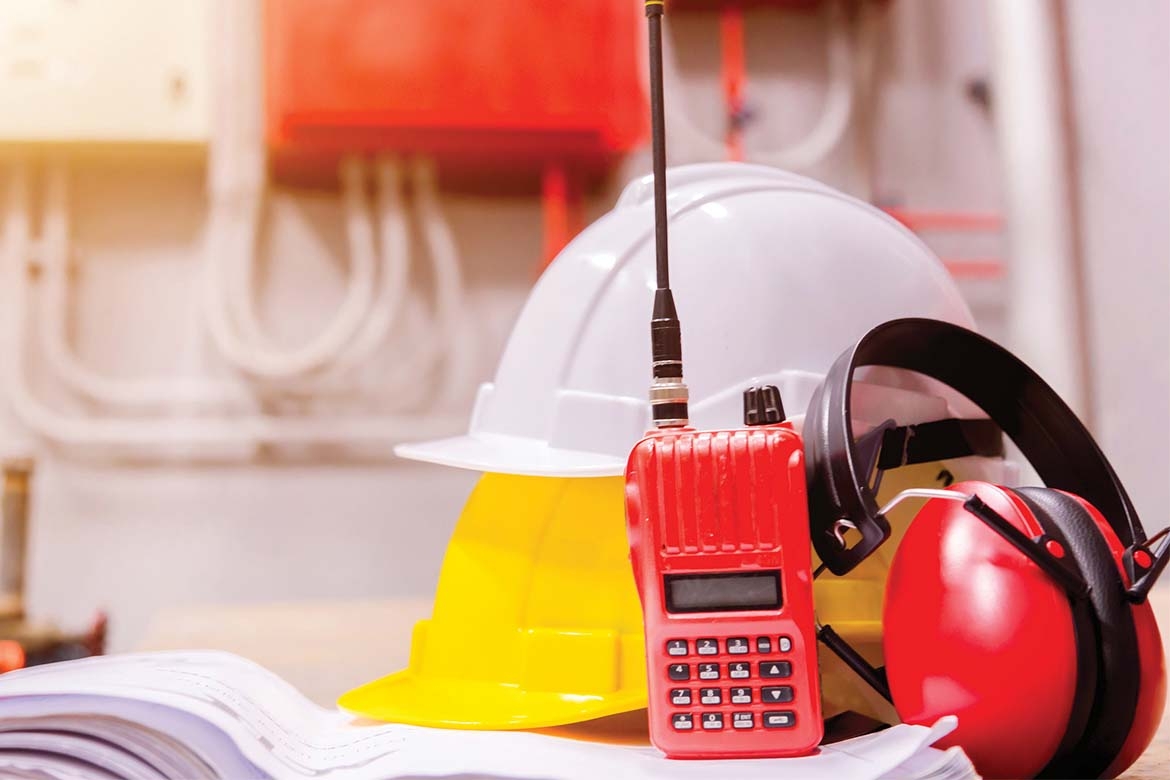Preparing for the security & fire safety engineers of tomorrow
Two key trends recognised as challenging installers and operators of security and fire safety systems are the shortage of competent engineers and operatives, as advancing technology impacts both the assets themselves and the way in which they are installed and maintained.
Security embraces change
Security and fire safety systems are a significant component of any security deployment. Assets may include CCTV, access control systems, intruder and fire alarms, and emergency lighting, as well as alarm receiving centres and other operational control rooms. It is essential for all within the wider industry to understand not only the technological change, development and convergence that is evident, but also broader factors that could affect best practice and ultimately public confidence in the industry as it delivers its broad mission of safety and security.
Minding the gap
Research from a bespoke extension of Working Futures 2014-2024* forecasts demand of 265,000 skilled entrants from engineering enterprises every year through to 2024, of which around 186,000 will be needed to meet replacement and expansion demand. Based on these estimates, projected supply will fall short by at least 20,000 new entrants per year (excluding any Brexit effect), whilst at the same time greater demand will be seen for more highly skilled jobs requiring science, technology, engineering and maths-based competences.
One factor that could help mitigate the shortfall is the pace of development in technology, particularly machine learning and artificial intelligence. In some areas of installation and maintenance this is already having an impact. Remote monitoring and diagnosis, for example, reduces need for engineers to visit a site, and allows monitoring operatives a broader span of control. However, the statistics are a stark reminder that the industry must act now to attract and educate new talent to support the application of new technologies as it increases.
Skills initiatives
Every year at IFSEC International, Europe’s leading security event, a national competition, Engineers of Tomorrow, shines a spotlight on apprenticeships within the installer sector, recognising new talent. With the growing skills gap the need for such an event has never been greater.
As a founding stakeholder, NSI has played an integral role in the EoT initiative for over twenty years. NSI expert auditors conceive the skills tests, alongside other industry and technology experts, and adjudicate the competition. EoT has created a high profile showcase for the installer community at large, not just those currently employing apprentices, to understand the value of apprenticeship opportunity, both for employers and colleges.
Notwithstanding the good work in generating more interest from employers, encouraging those currently in full time education to consider an engineering career in the security and fire safety sector is a key strategy. To this end, EoT is now working with WorldSkills Live – an annual event. This international platform targets schools to promote the value of a range of different careers.
It showcases particular industry sectors, including engineering and technology, and hosts a competition pitching the best apprentices the UK has to offer against overseas counterparts. Plans are currently underway to use the existing EoT competition as the basis for selecting the most competent Fire, Emergency and Security Systems Technicians for future international competitions.
Raising standards
As a Certification Body in the security and fire sector, NSI is proud to be an active ambassador for apprenticeships.
Keeping abreast of new technologies, latest industry standards and codes of practice is imperative for companies in order to provide buyers of security and fire safety services with the most effective security measures.
Organisations best placed to deliver such services include NSI-approved companies, who are subject to a continuing independent audit programme which seeks evidence of compliance with the latest standards, requires corrective actions where needed and evidence of commitment to continual improvement. In so doing they are increasingly recognising the importance of apprenticeships and the ‘Engineers of Tomorrow’, as the industry strives in the delivery of its mission.
Richard Jenkins
Chief Executive
National Security Inspectorate (NSI)
UKAS-accredited NSI is the UK’s leading independent third party certification (TPC) body within the security systems, fire safety and guarding services sectors, helping to protect homeowners, businesses, the public sector and the general public through rigorous audit of more than 1,800 security and fire safety providers nationwide.
*Taken from Engineering UK 2017 Synopsis and Recommendations Report www.engineeringuk.com/media/1356/enguk_report_2017_synopsis.pdf

